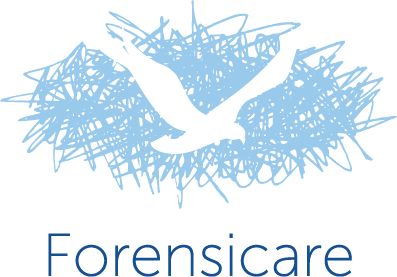
Experience the rewards of forensic psychiatry.
If you’re considering a career in psychiatry, a placement at Forensicare will provide a unique opportunity to hone your skills, learn about forensic mental health and be supported by industry professionals who can help you succeed.
Forensic mental health a niche and interesting area of mental health, but it’s also an area that focuses on truly helping people who need to manage their mental health.
The medical elective program includes experience at:
Thomas Embling Hospital
Located in the Melbourne inner suburb, Fairfield, Thomas Embling Hospital is a secure forensic psychiatric hospital. Here, you’ll spend time working with a number of acute and sub-acute patients, their care and rehabilitation, while being supported by world-class medical professionals, who are dedicated to fostering a fantastic learning experience.
Community Forensic Mental Health Service
This is an outpatient, community-based program working across Melbourne, for people with a serious mental illness who have offended or are at risk of offending. Students will have the opportunity to observe the consultations, attend court with industry experts and observe the clinical review process.
Melbourne Assessment Prison‘s psychiatric unit
The Melbourne Assessment Prison is just one of many Victorian prisons where Forensicare provides specialist mental health services. Forensicare’s psychiatric unit features specialist clinics, outpatient services, and assessment programs. As part of your elective, you may shadow a registrar or nurse practitioner on outpatient rounds within prison services.
Observing Mental Health Liaison Officers at the Melbourne Magistrates Court
As part of your elective, you will also sit in with Mental Health Liaison Officers and observe their assessments within court proceedings.
For more information, contact Dr Jerome Nicholas, Hospital Training Coordinator.
“Work in the women’s prison is very relational and demands a trauma-focused perspective. I find it more hopeful than other correctional settings because so many of the women are mothers or have other central roles in their families and communities, meaning that there is an opportunity for cycle-breaking and investment in mutually gratifying goals. Every day is fascinating – I love my job!”
Victoria




